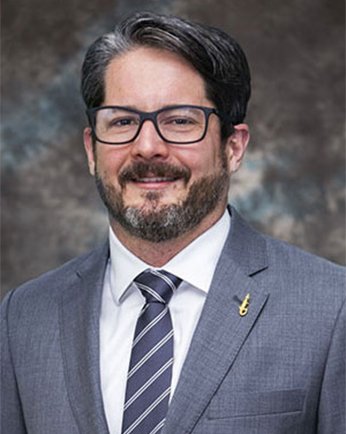Session Abstracts:

Interim Dean and Professor
University of Florida
Keynote: Fading the line between simulation and reality through innovation in field observations in extreme storms and wind tunnel technology
Abstract: This presentation will explore the development and (exciting potential) application of two new major experimental technologies developed from the ground up to support the needs of numerical modelers studying wind hazards. The first is a new class of weather and hydrological monitoring station (called a “Sentinel”) that is engineered to operate in and measure extreme wind, storm surge, wave, and hazardous water quality conditions during a hurricane landfall. Sentinels are temporarily deployed in the littoral zone in regions near where hurricanes severely damage civil/coastal infrastructure, a notoriously difficult region to collect data. In 2024, synchronized measurements of wind and hydrodynamic conditions were obtained during Hurricanes Helene and Milton, which we believe is a world’s first. The second technology is the University of Florida Boundary Layer Wind Tunnel, which is an NSF NHERI experimental facility. In contrast to conventional tunnels, the facility can simulate non-stationary wind events and vary the wind field profile to recreate non-neutral flow profiles associated with thunderstorm outflows and other non-straight line wind events. Both technologies uniquely fill critical gaps in the verification of numerical weather modeling and computational fluid dynamics, creating novel pathways to advance same.
Bio: Dr. Forrest Masters is a professor of civil and coastal engineering at the University of Florida (UF) who loves extreme weather. His research primarily focuses on hurricane wind and storm surge effects on the built environment. Dr. Masters has conducted field experiments more than 40 named tropical cyclones and founded the National Science Foundation (NSF) Natural Hazards Engineering Research Infrastructure (NHERI) experimental boundary layer wind tunnel facility at UF. He has received support from 60+ grants from state, federal, and private sources. Dr. Masters is in his tenth year of college and university administration and currently serves as the Interim Dean of the Herbert Wertheim College of Engineering.